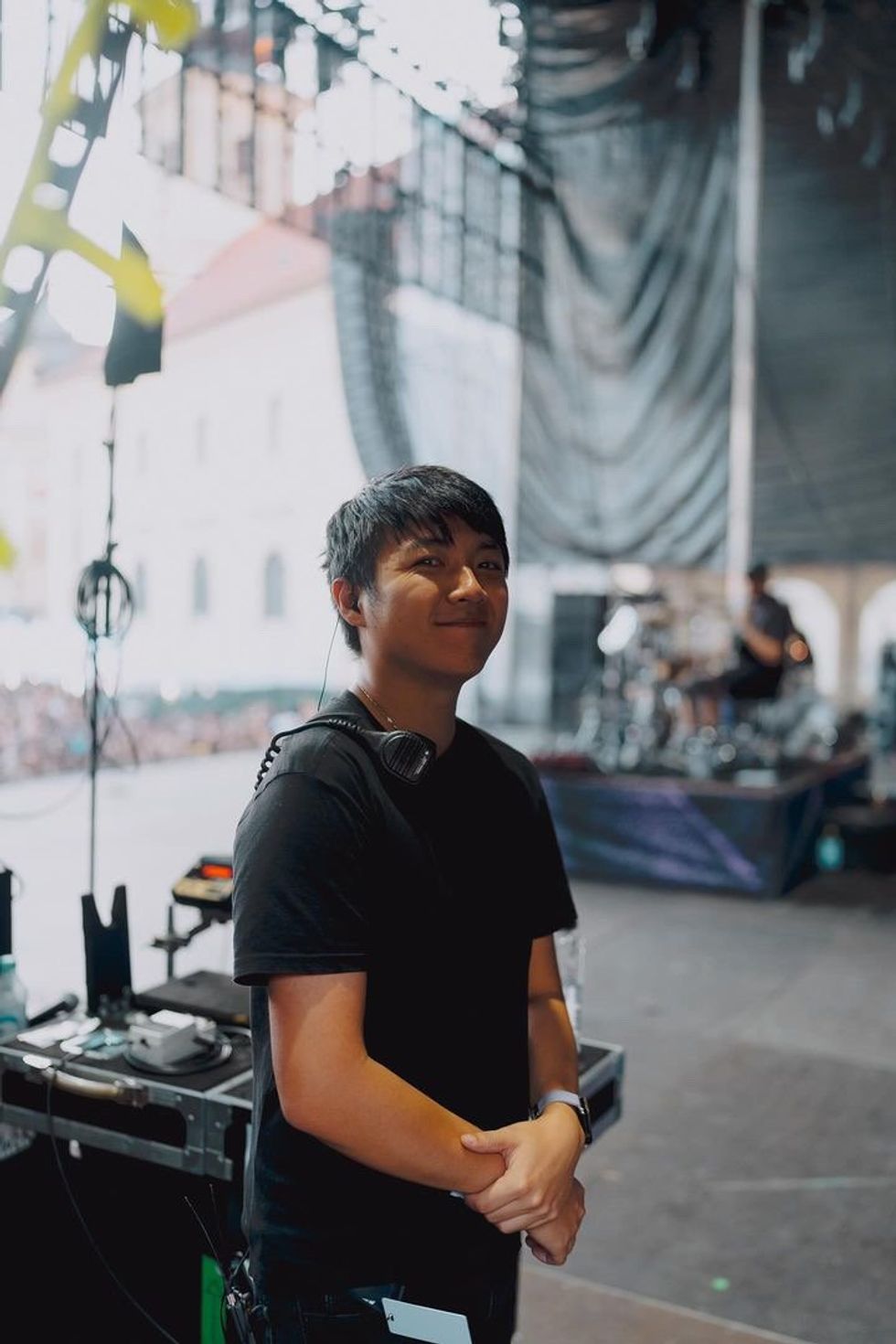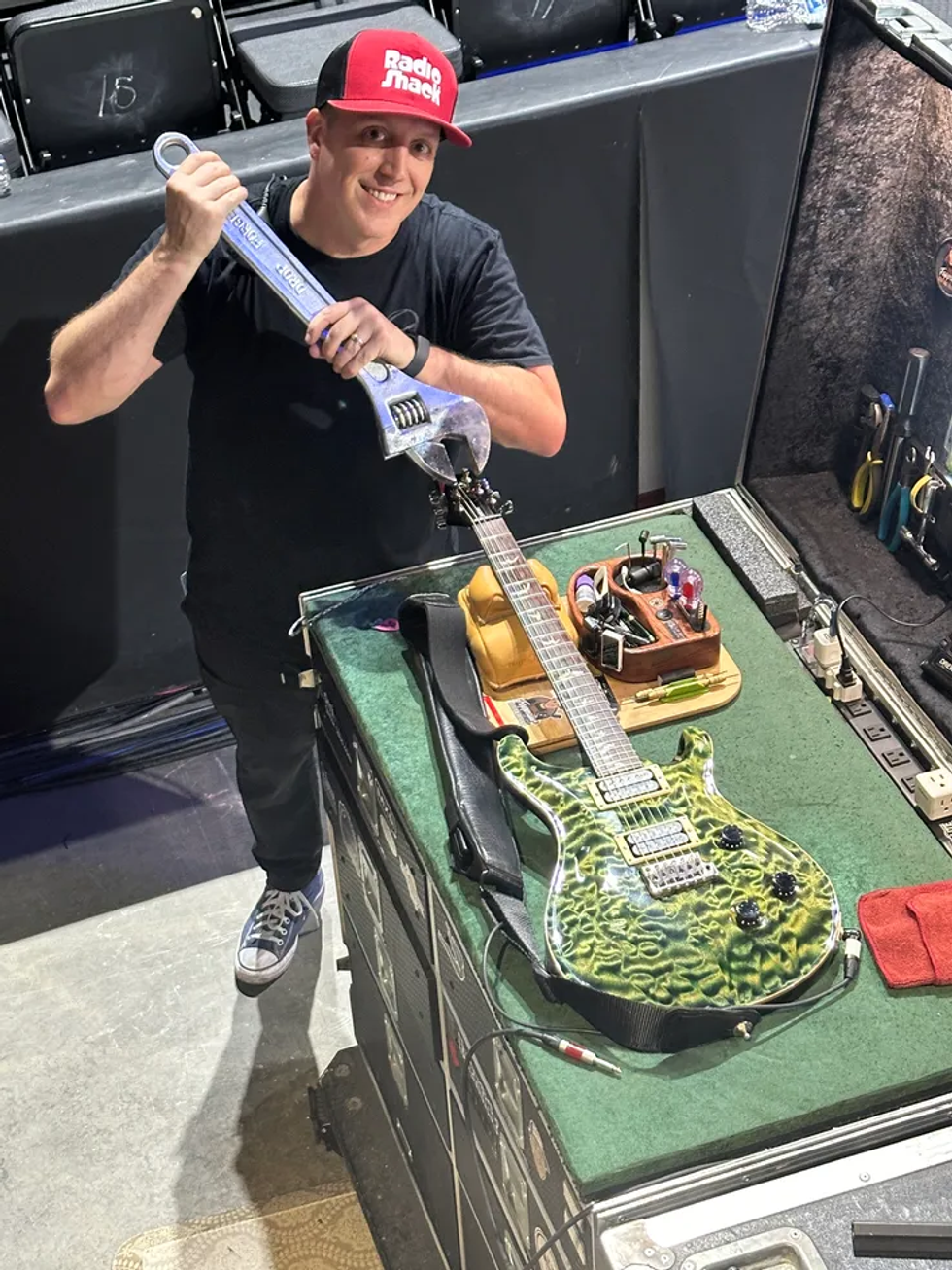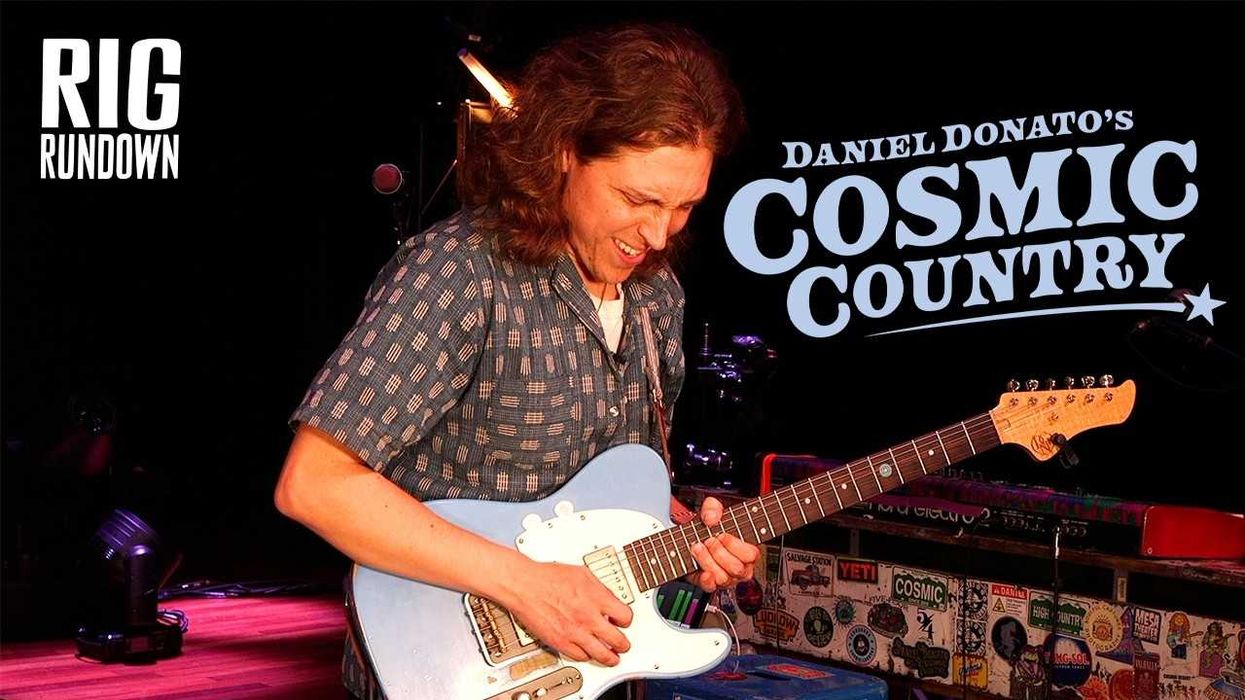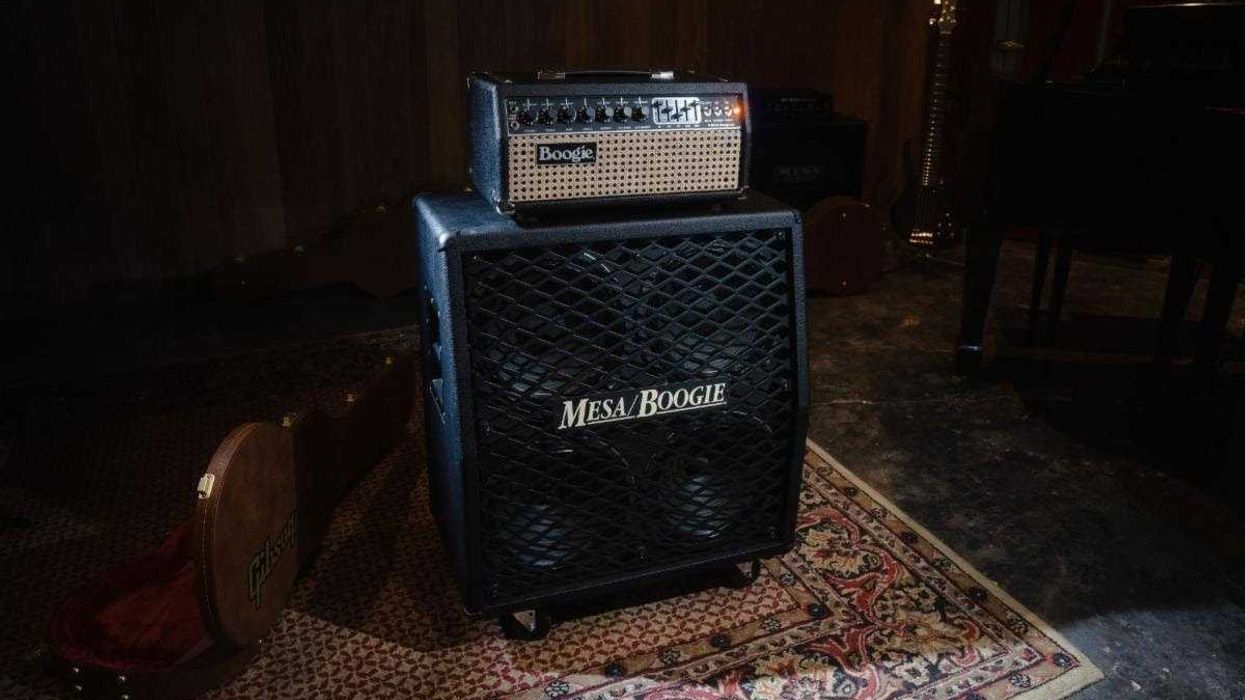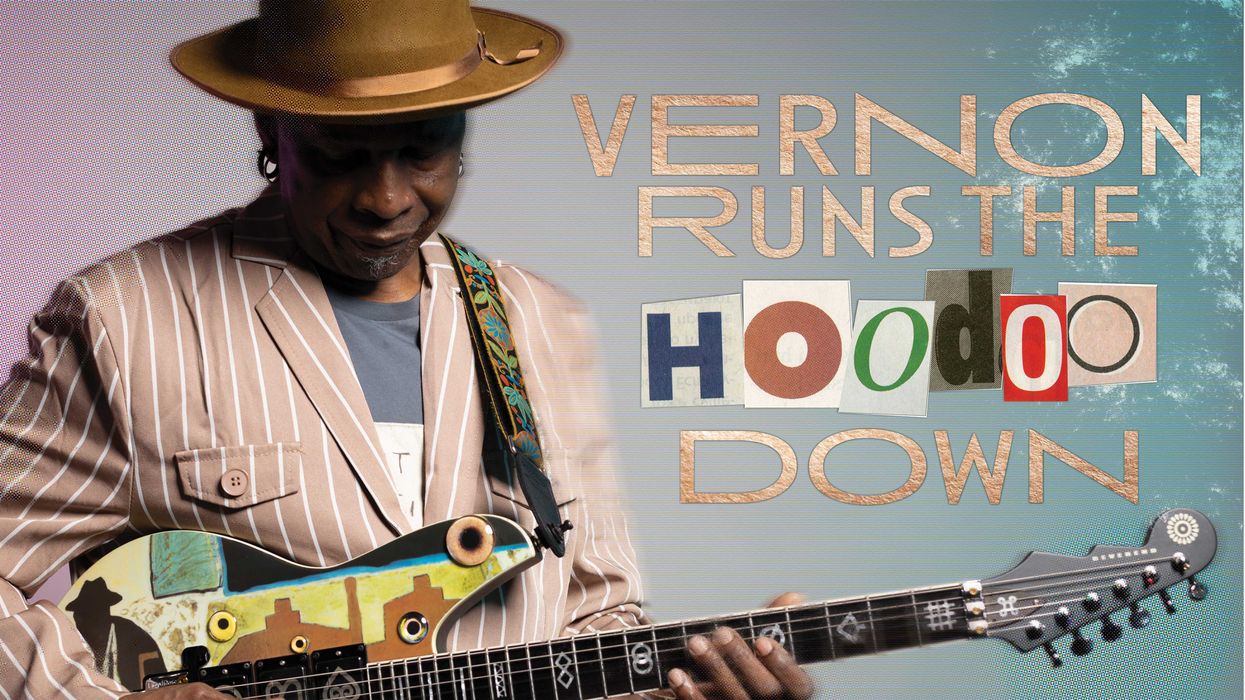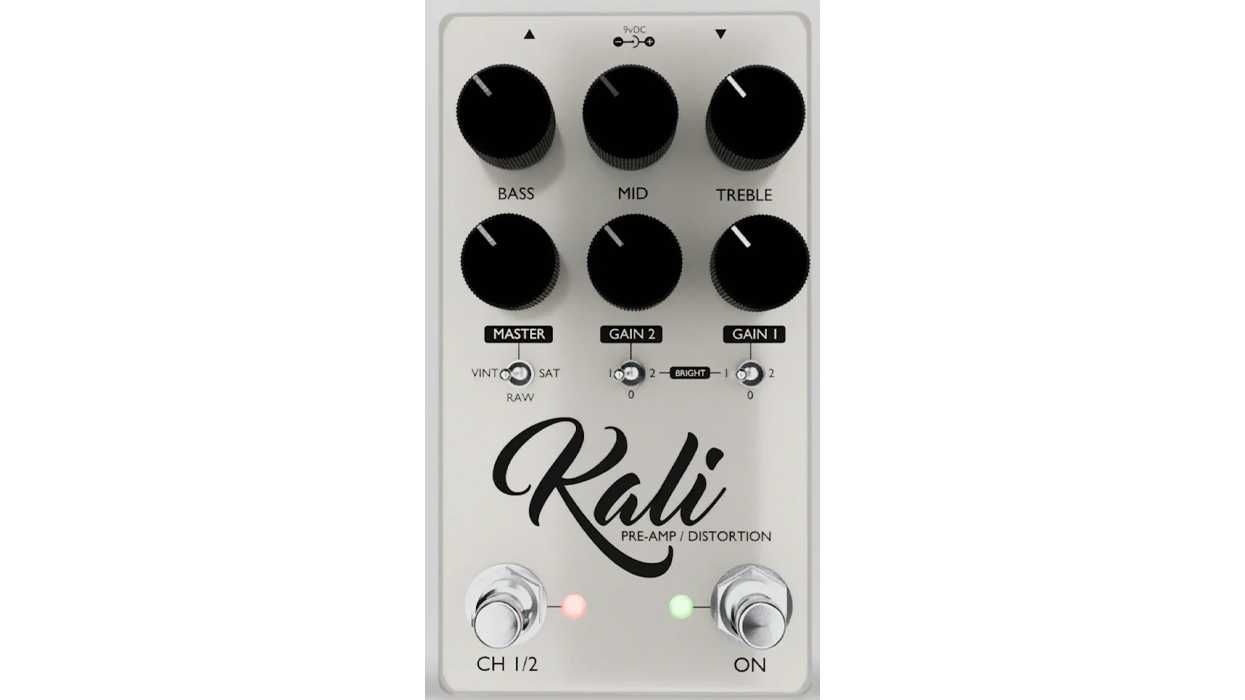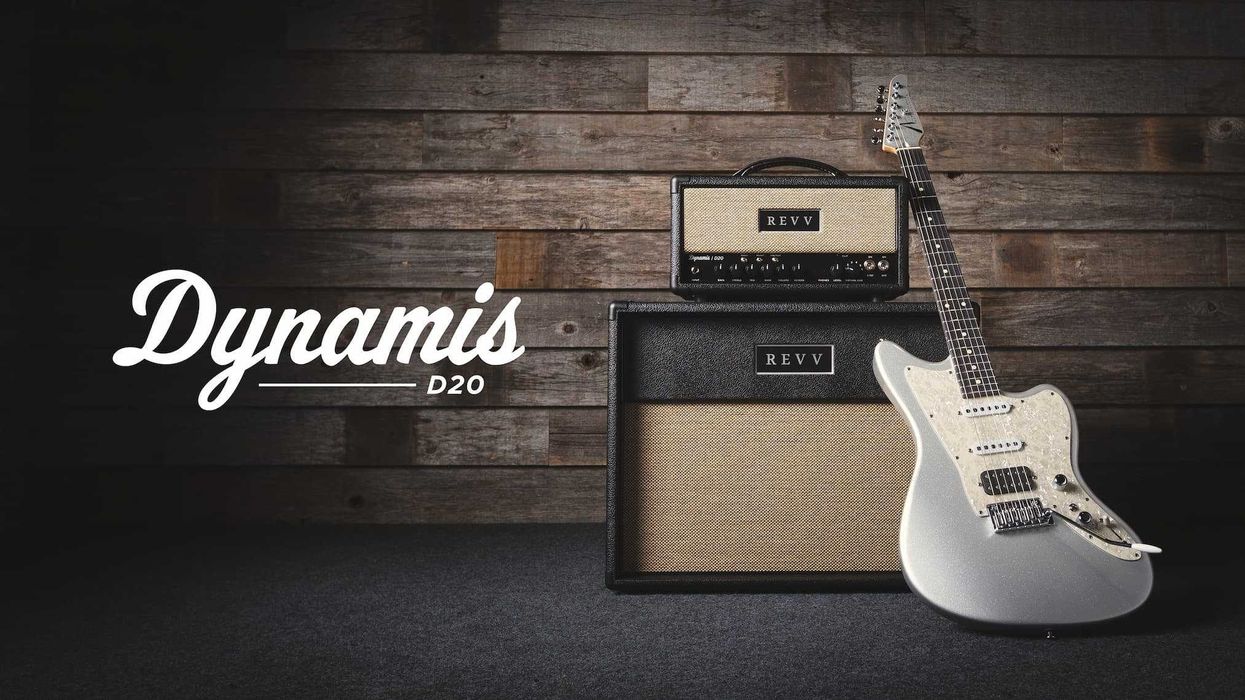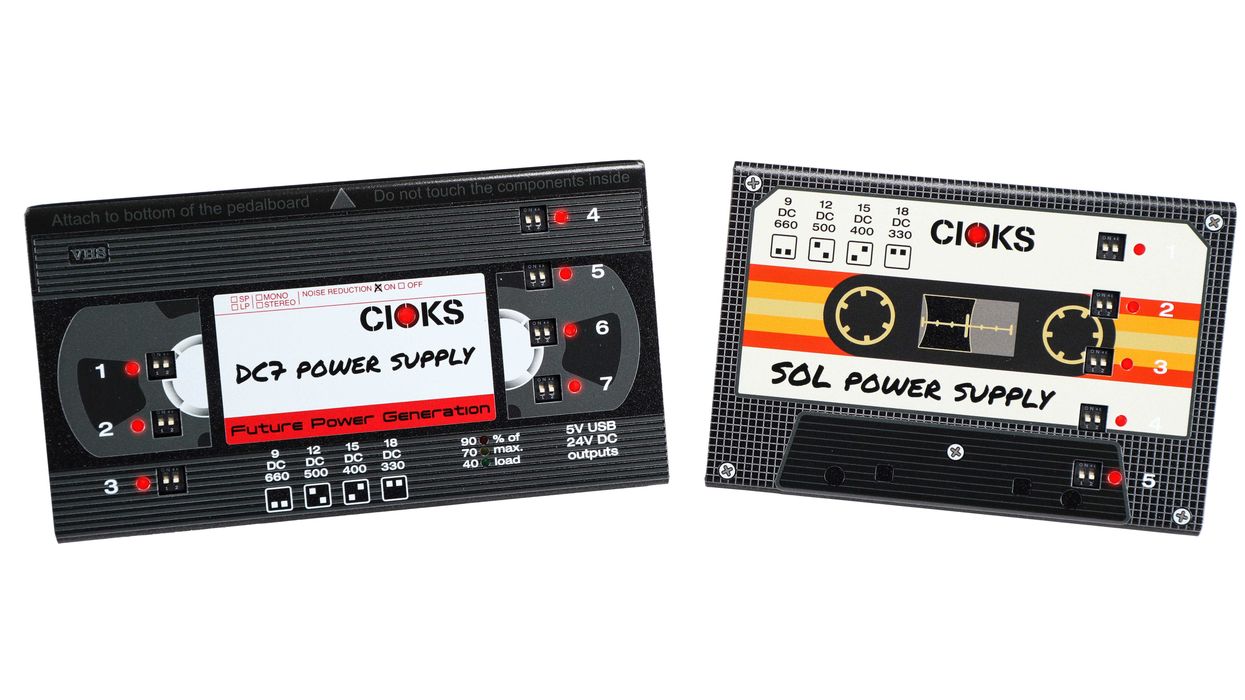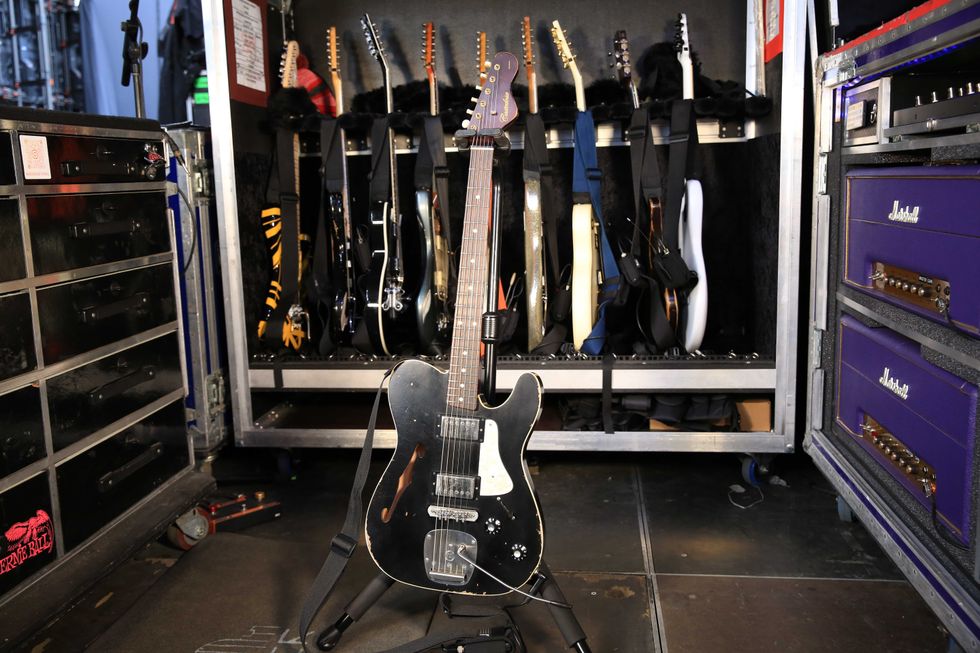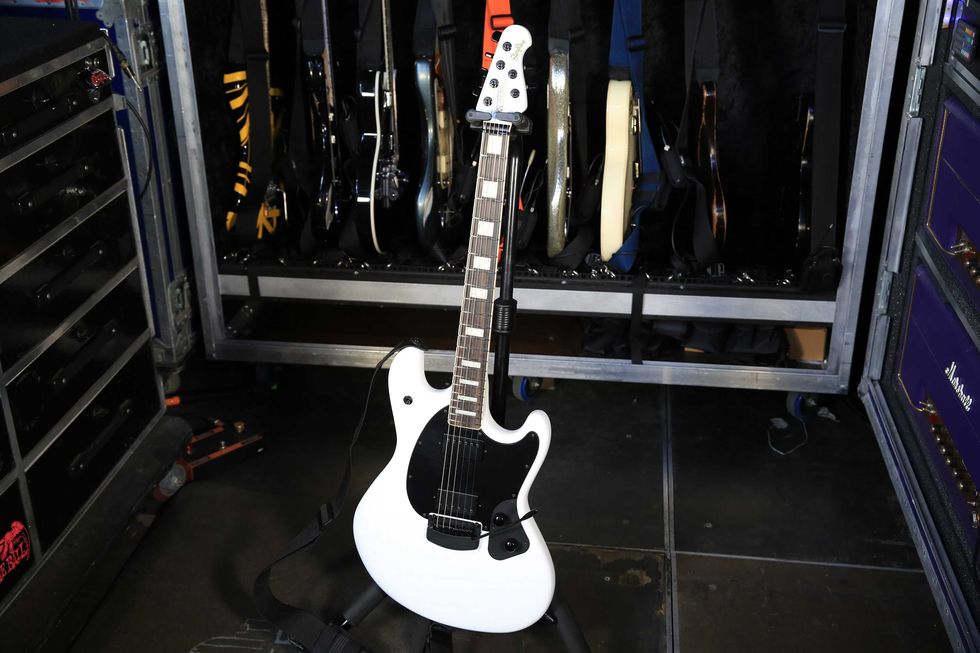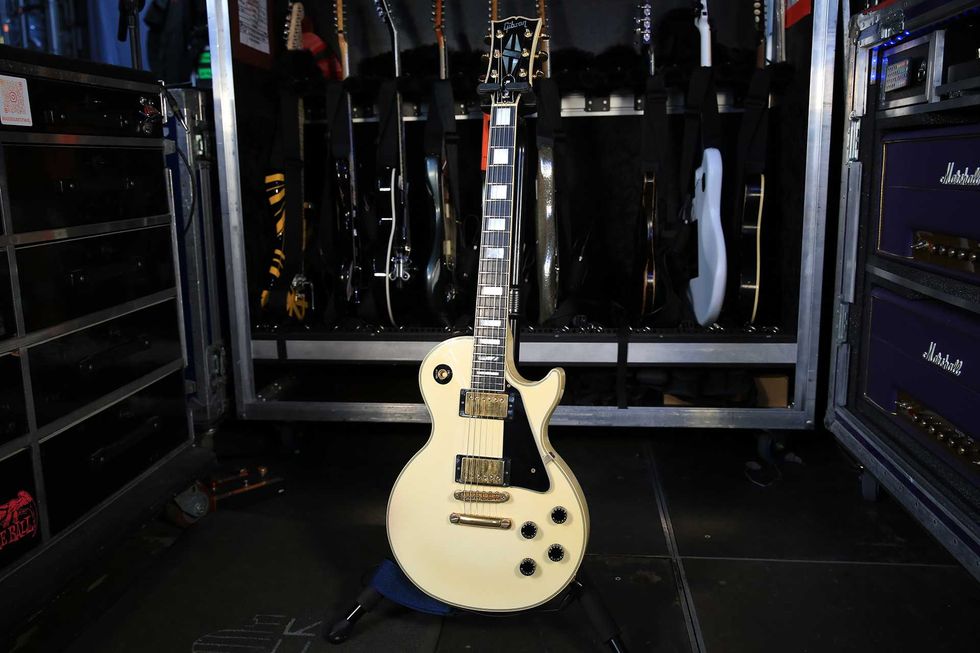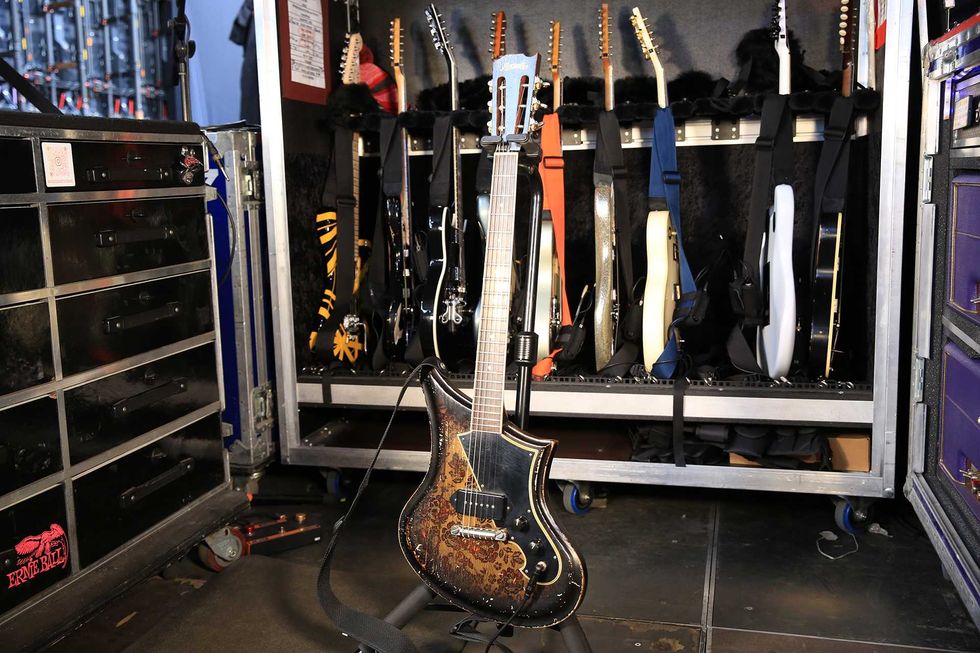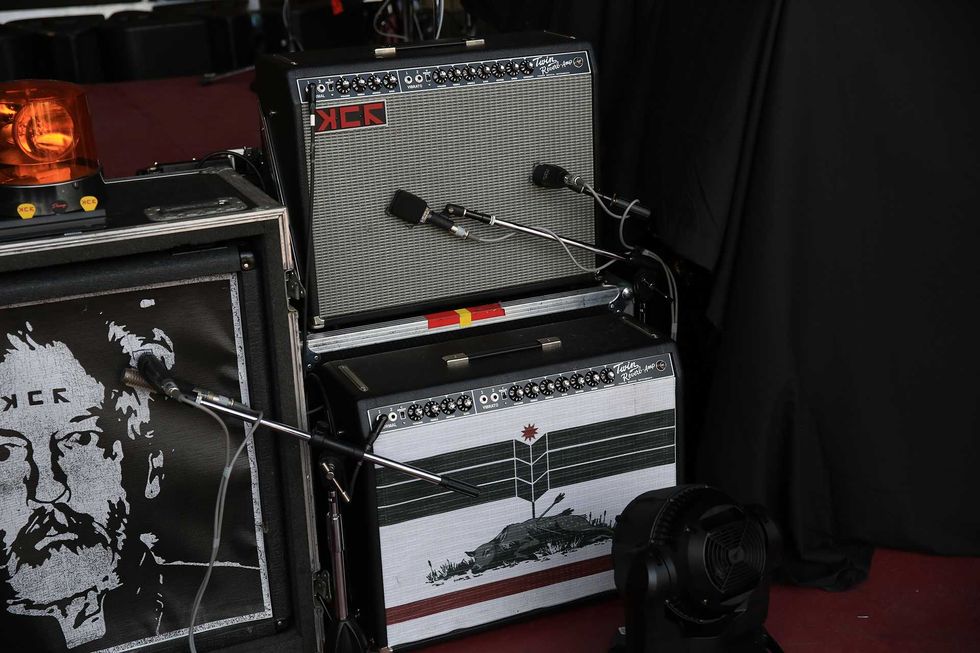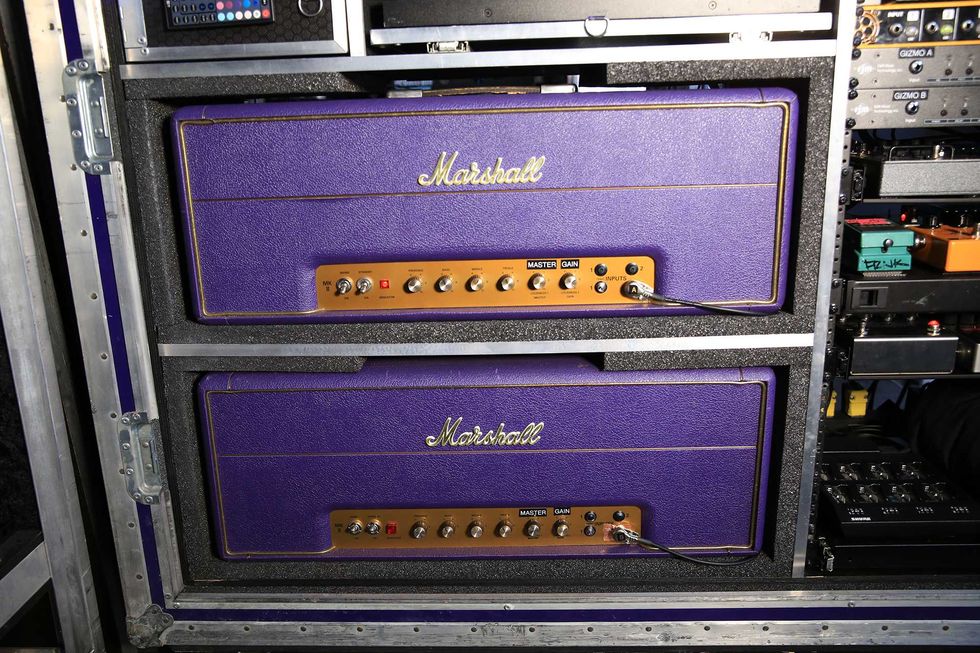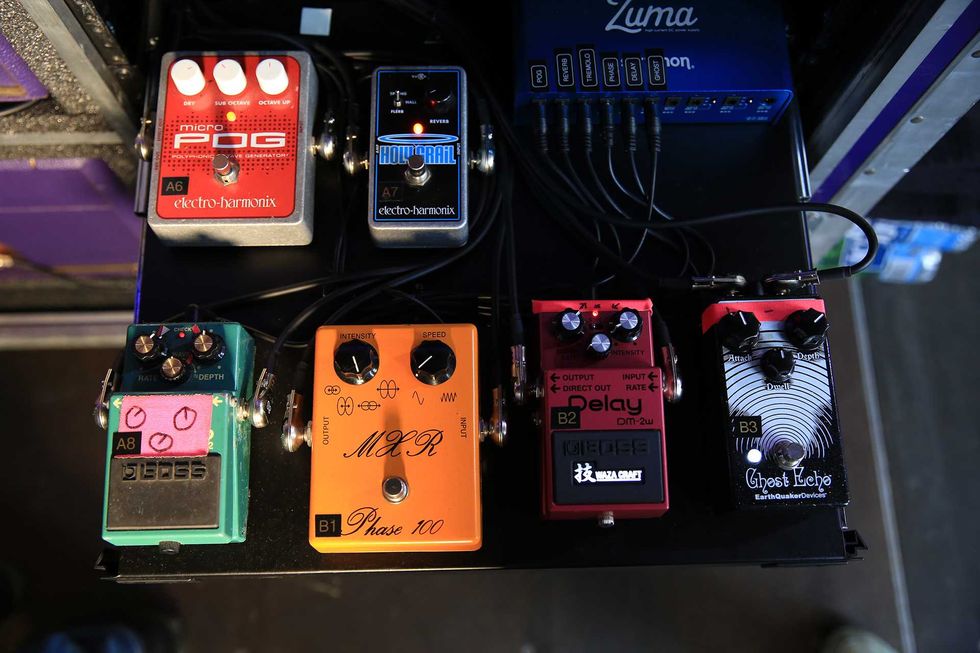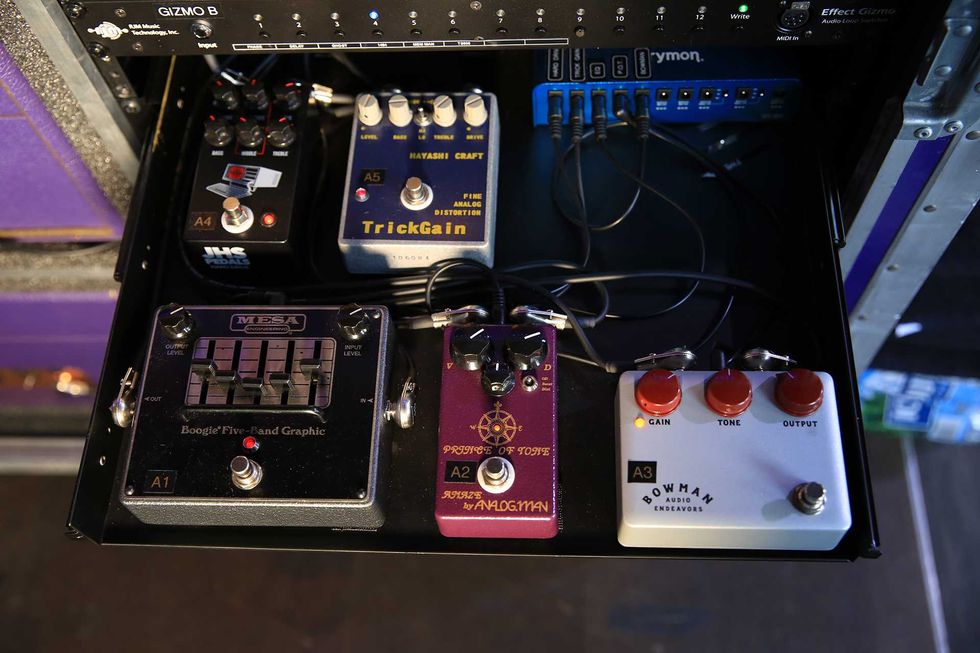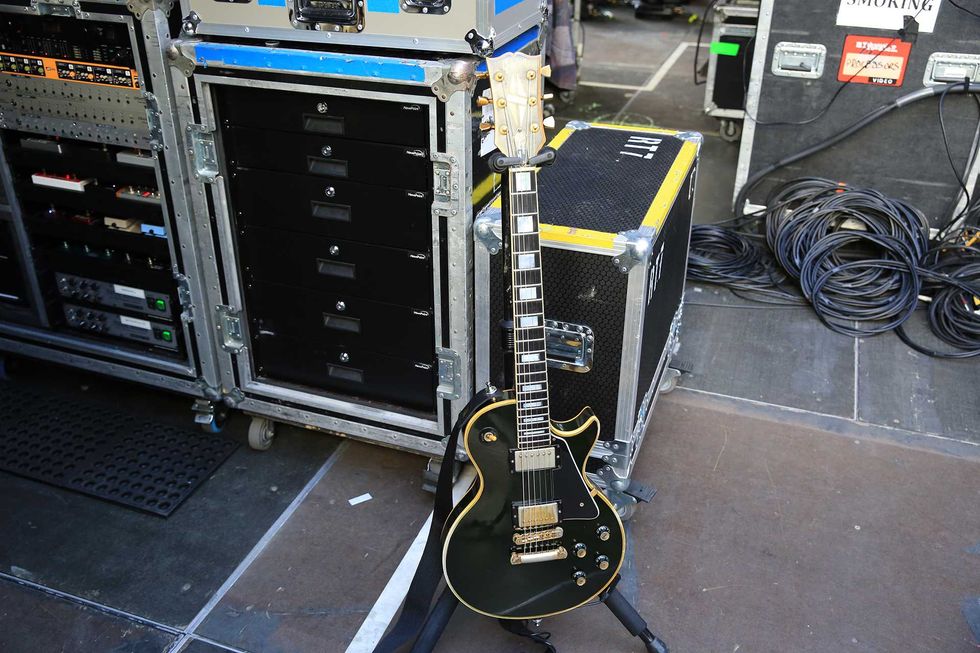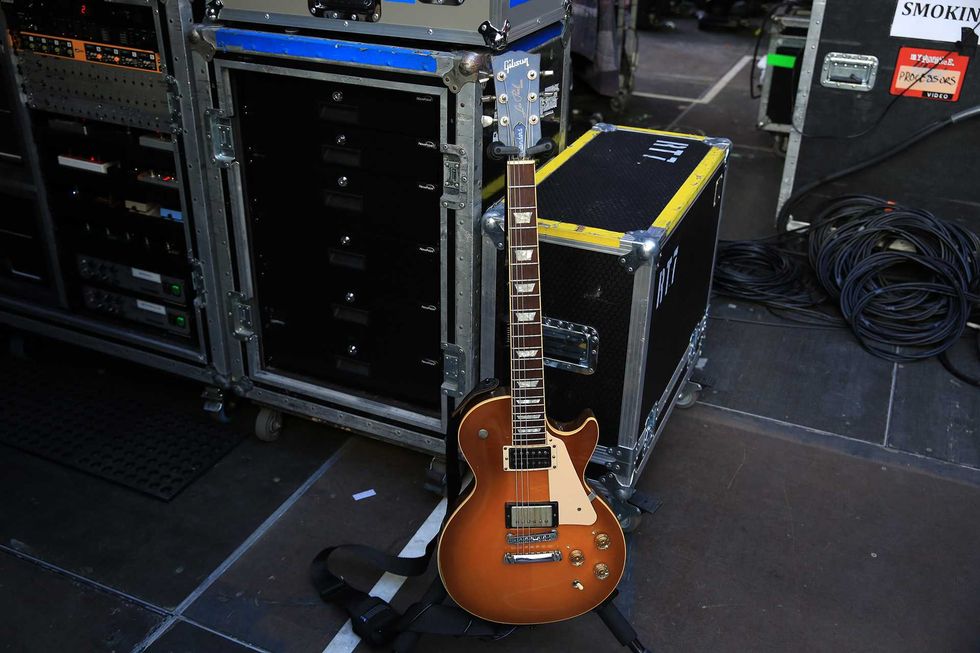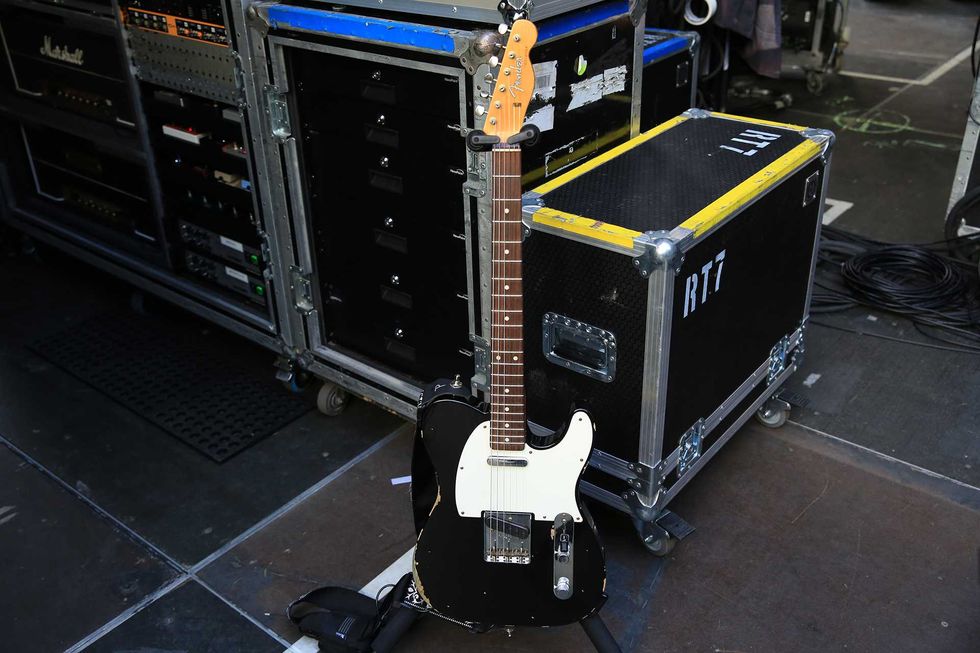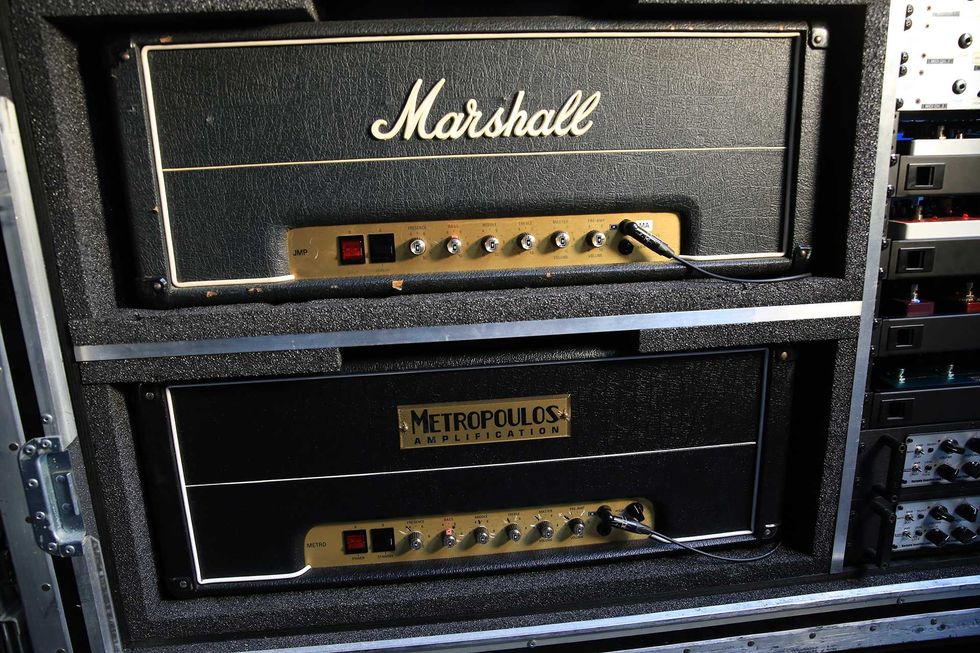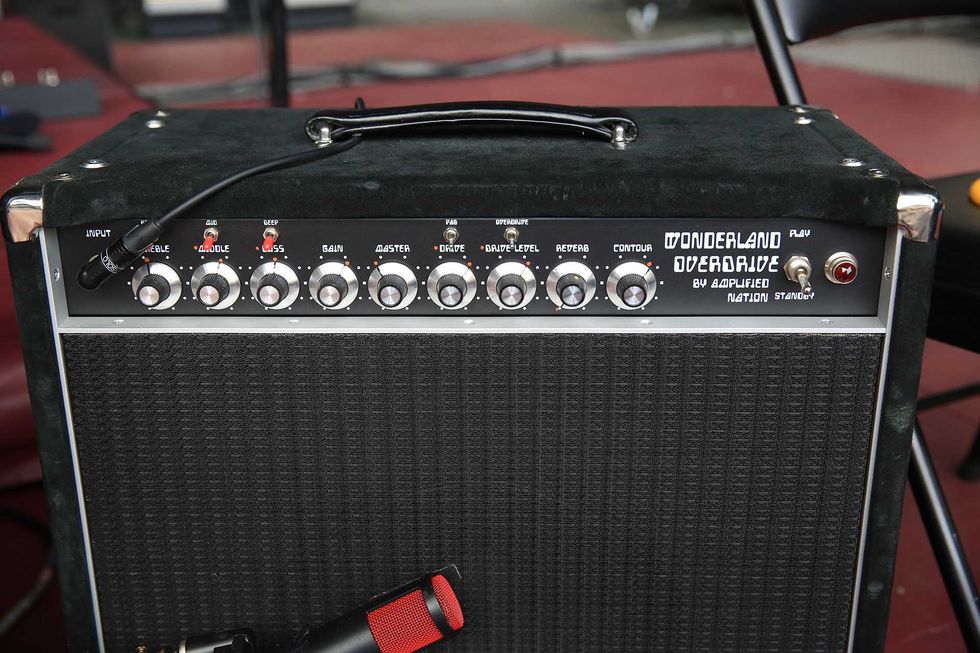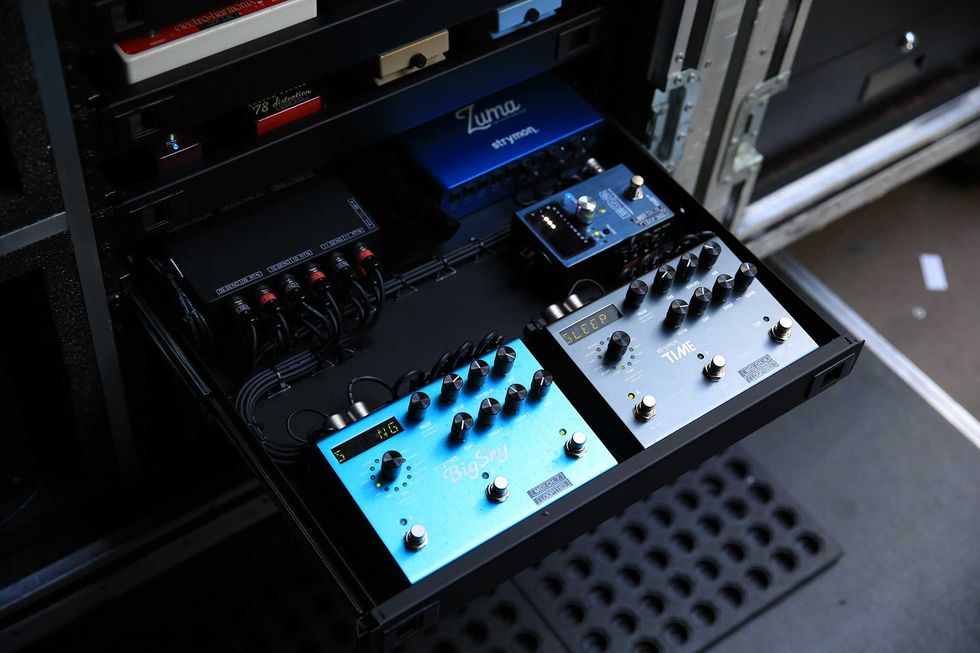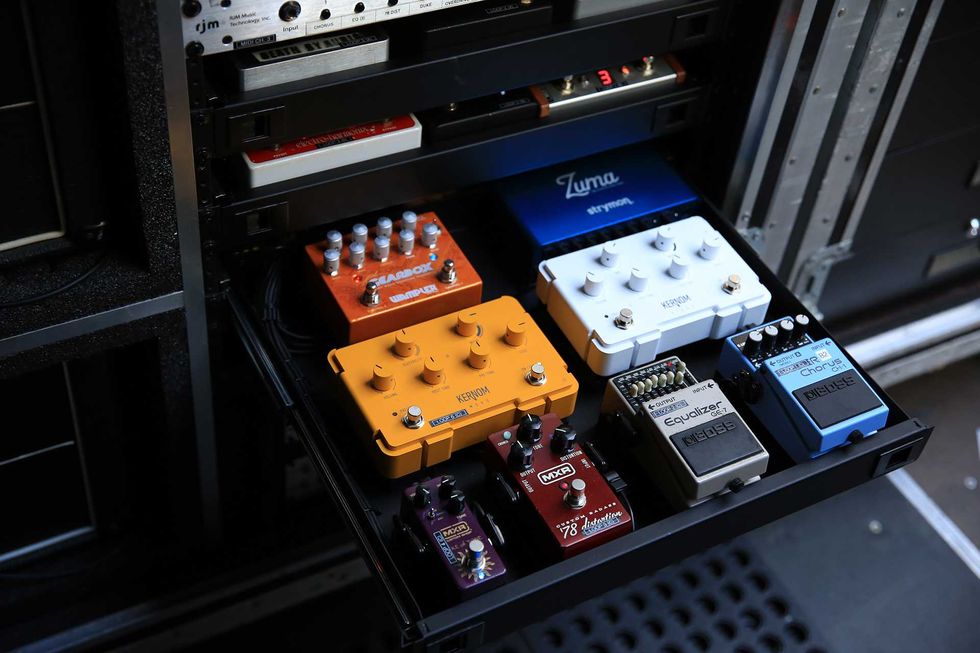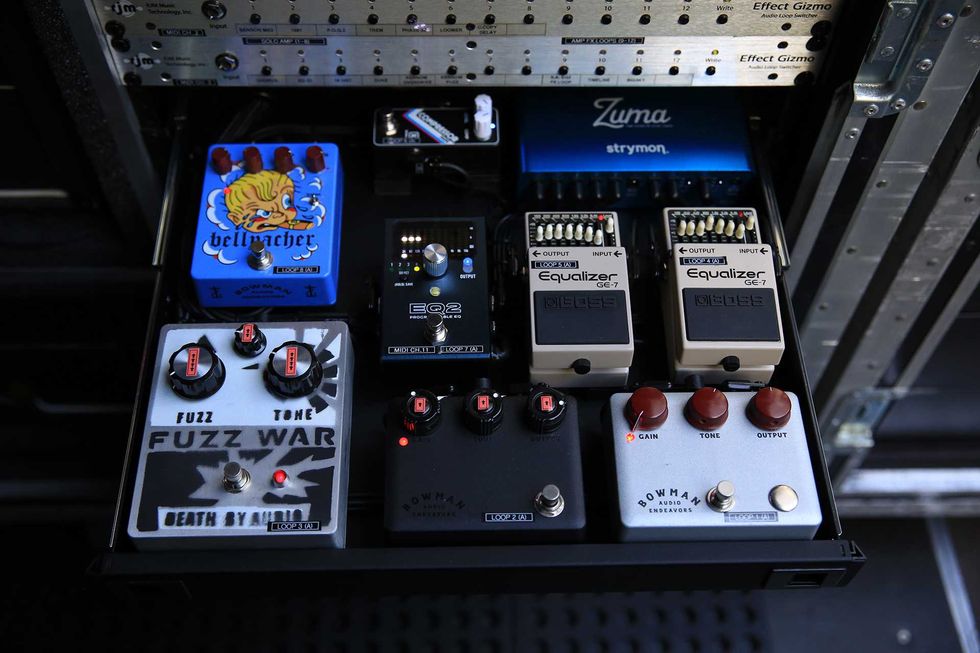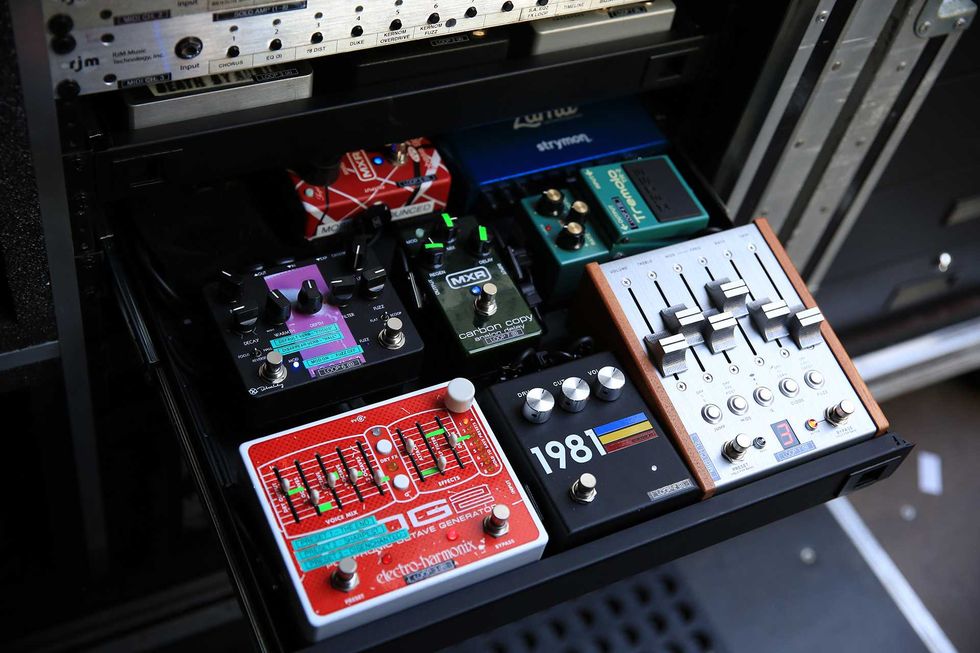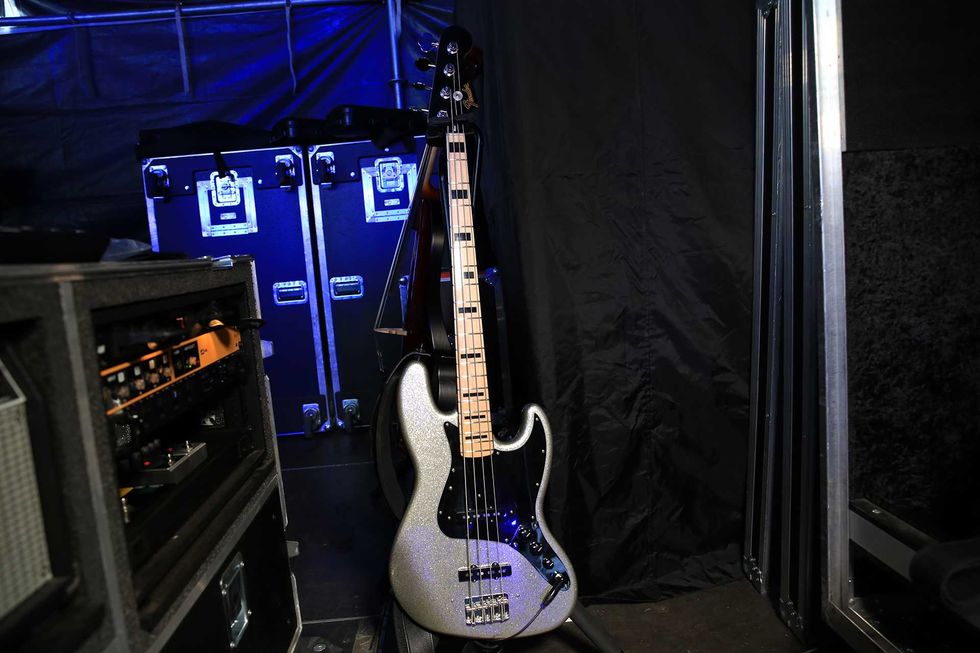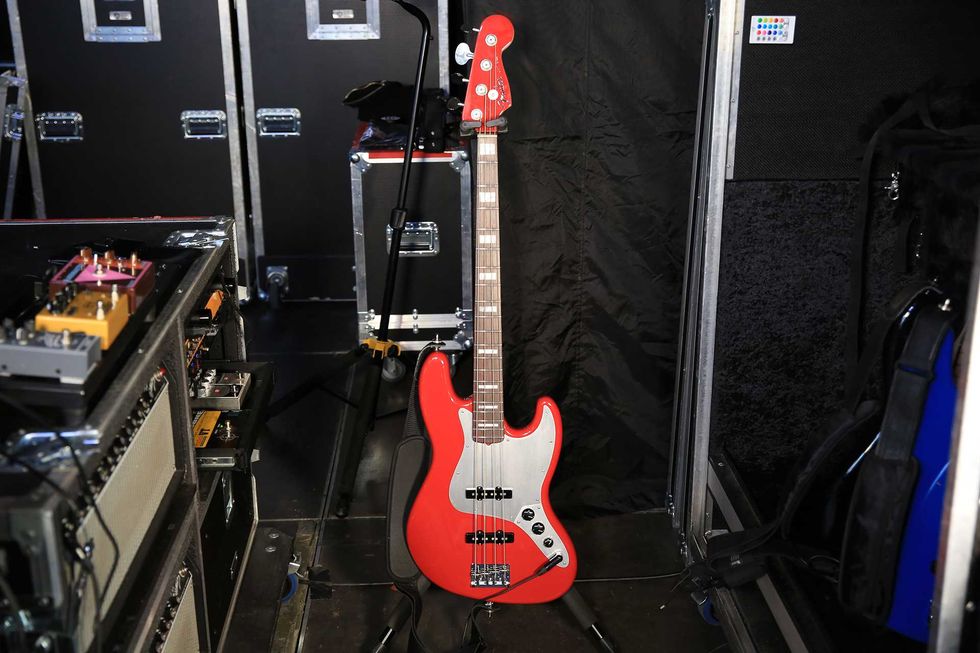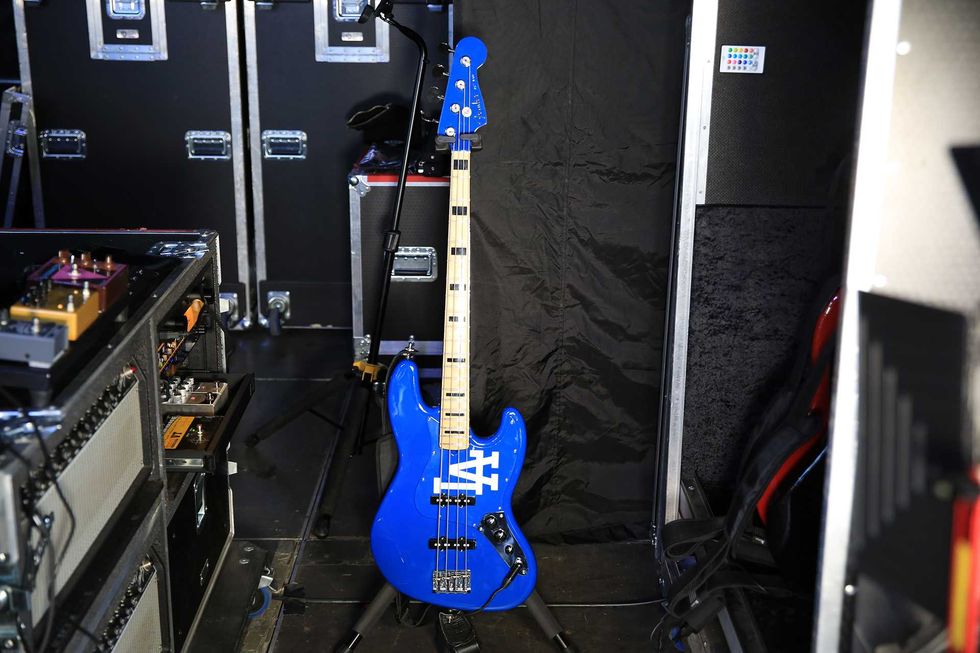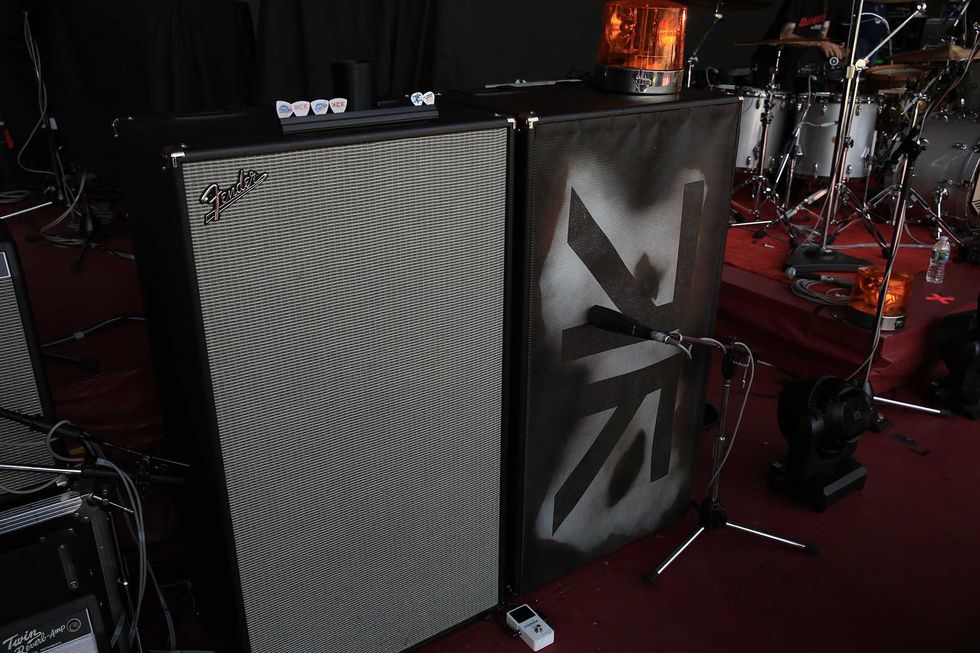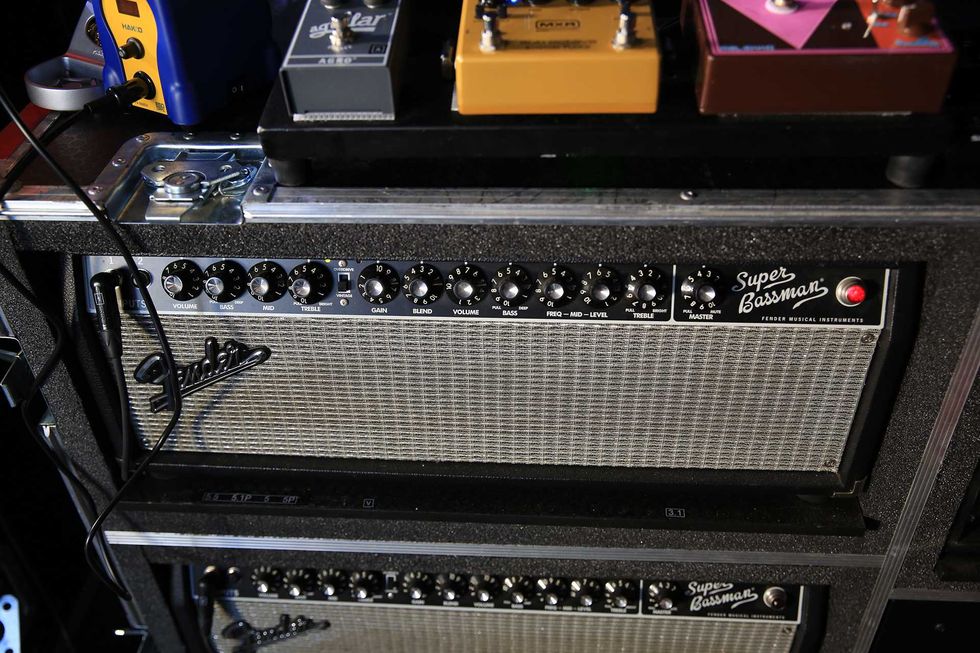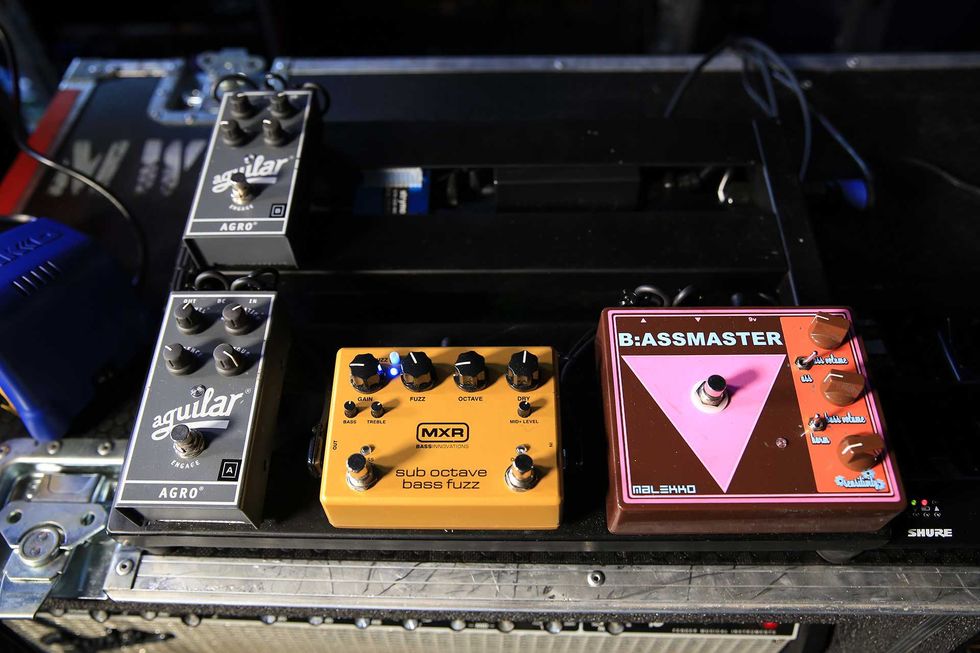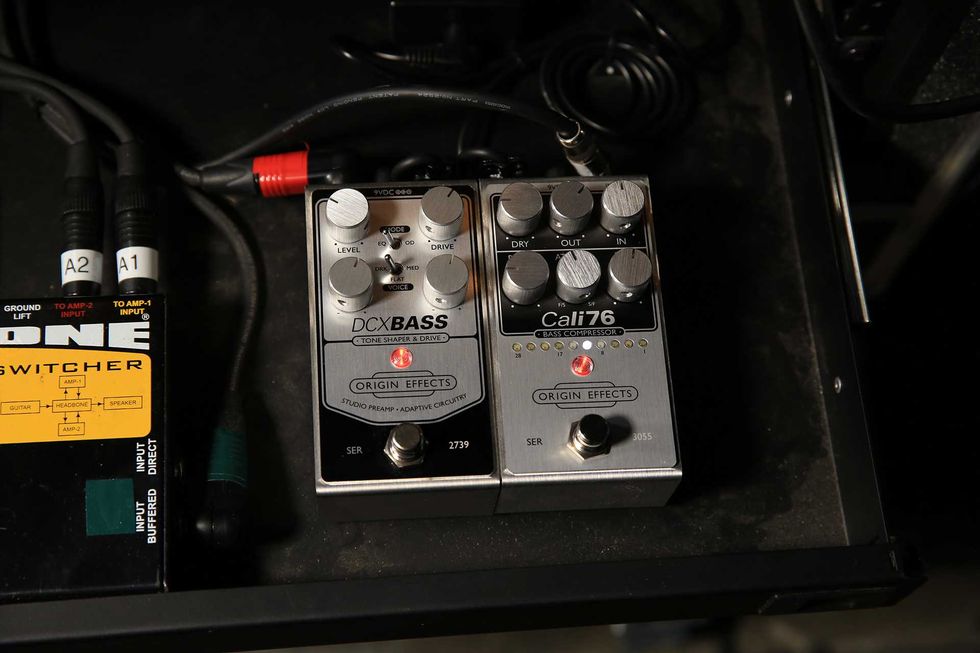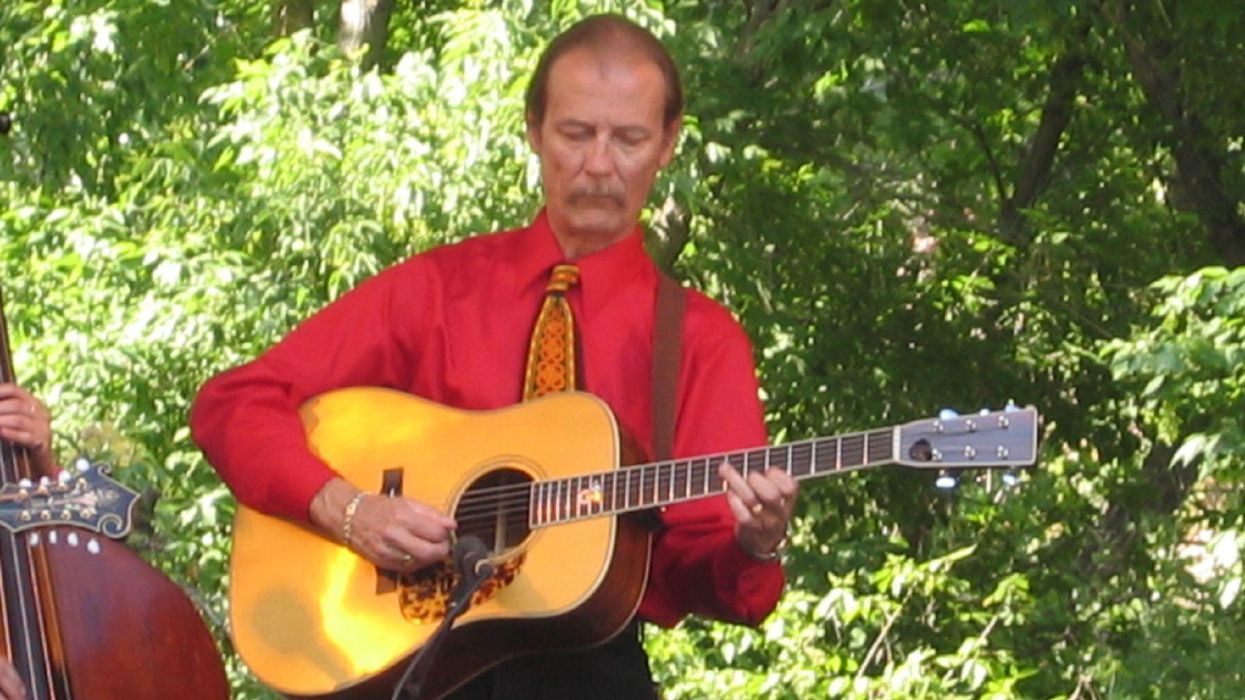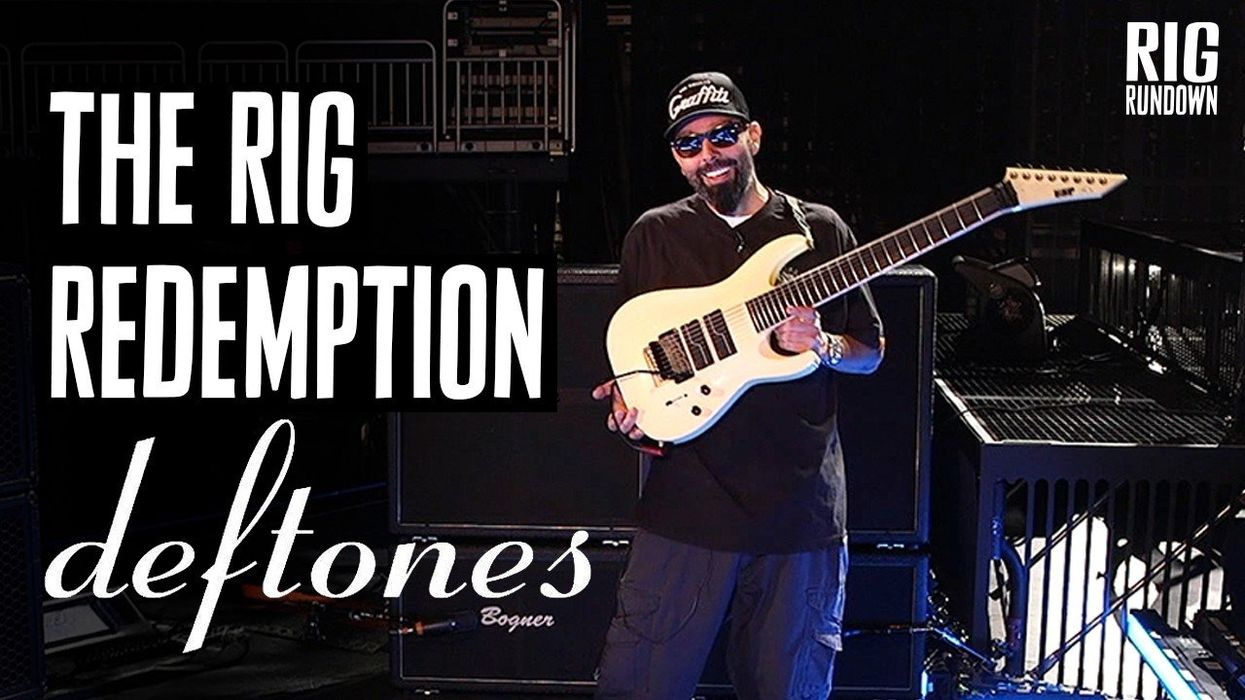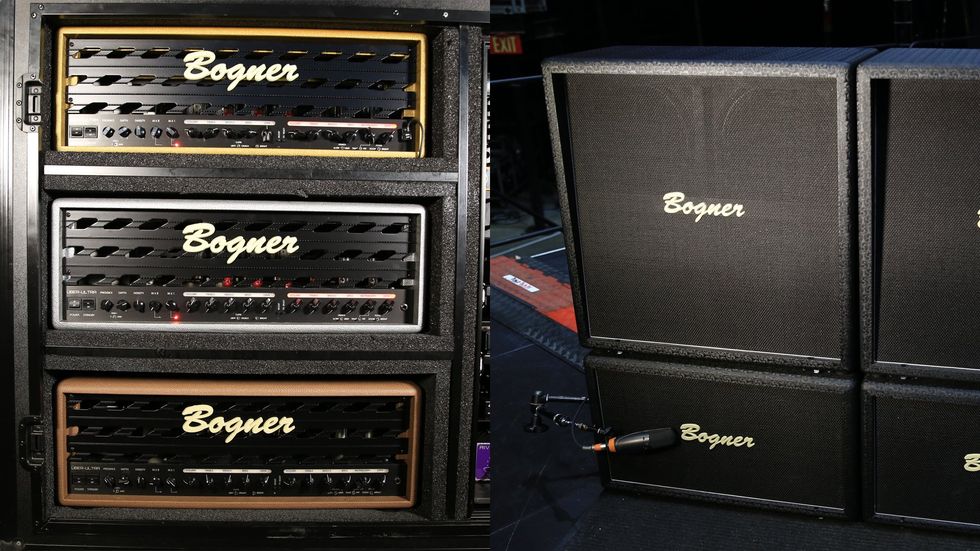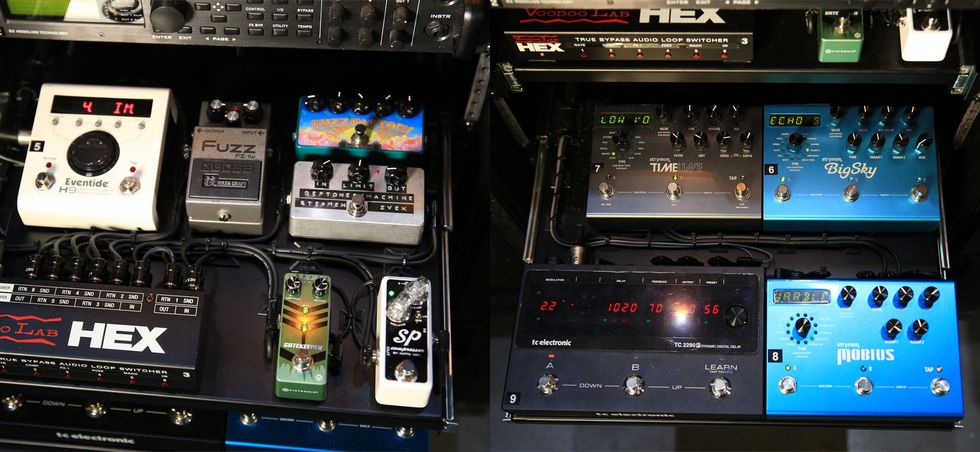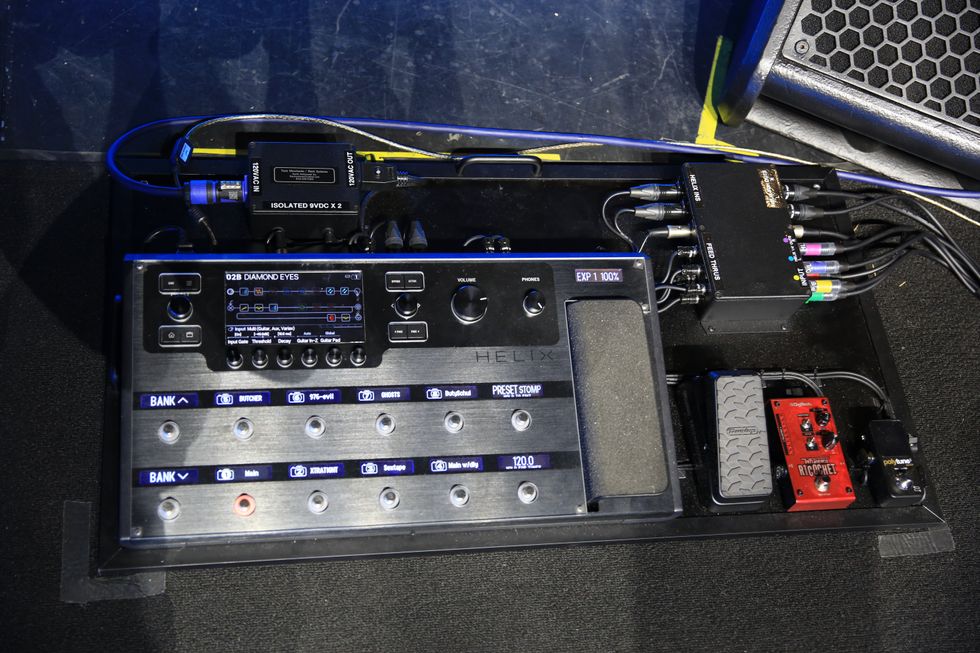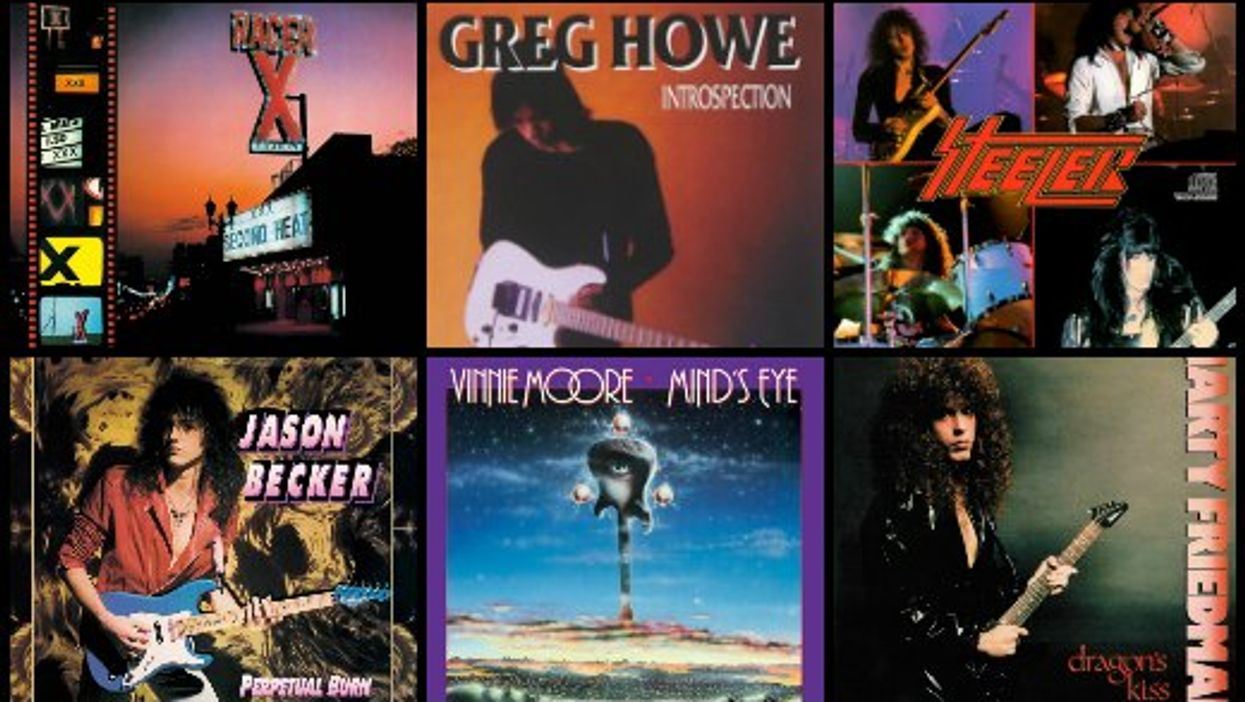John Mayall’s career spanned nearly 70 years, but it only took his first four albums to cement his legendary status. With his initial releases with his band the Bluesbreakers—1966’s Blues Breakers with Eric Clapton; ’67’s A Hard Road, with Peter Green on guitar; plus the same year’s Crusade, which showcased Mick Taylor—and his solo debut The Blues Alone, also from 1967, Mayall introduced an international audience of young white fans to the decidedly Black and decidedly American genre called blues. In the subsequent decades, he maintained an active touring and recording schedule until March 26, 2022, when he played his last gig at age 87. It was reported that he died peacefully, on Monday, in his California home, at 90.
Mayall had just one radio hit, 1969’s FM staple “Room to Move,” from The Turning Point, a live album that captured his era of experimentation with pop and psychedelic elements in blues. But throughout the decades he remained a profoundly good musician and bandleader, who held his players to the highest standard. And what a coterie of players! He maintained a reputation for cultivating exceptional guitarists, from his early troika of Clapton, Green, and Taylor, to Harvey Mandel, Coco Montoya, and Walter Trout, and, more recently, Buddy Whittington and Carolyn Wonderland.
Eric Clapton described him as “having the air of a favorite schoolmaster who still manages to be cool.”
But it wasn’t just the company he kept that made him legendary. Mayall’s carefully curated choice of material on his early albums—classic, compelling songs by Freddie King, Robert Johnson, J.B. Lenoir, and other giants of the blues—and his own convincing songwriting, which always sounded authentic to the genre, was exceptional. He was also an excellent keyboardist and guitarist in his own right, and possessed a soulful, haunting tenor voice that—on a slow blues—sounded like a wraith from the lyrics of Johnson’s “Me and the Devil Blues.”
Mayall remined loyal to the genre he loved through more than 37 studio albums and 33 live recordings, including a series of archival releases featuring Clapton, Green, and Taylor over the past dozen years. By the time he was making his early recordings with those guitarists, Mayall had amassed one of the largest collections of blues recording in the U.K. which he freely shared with them along with his direct instruction in the music. Clapton described him as “having the air of a favorite schoolmaster who still manages to be cool.” That was a role Mayall relished and played his entire life.
A full-length tribute to Mayall will be published on the premierguitar.com website shortly.
John Mayall - All Your Love
John Mayall’s debut album with Eric Clapton among his Blues Breakers remains one of the finest recordings by a torchbearer of the genre.
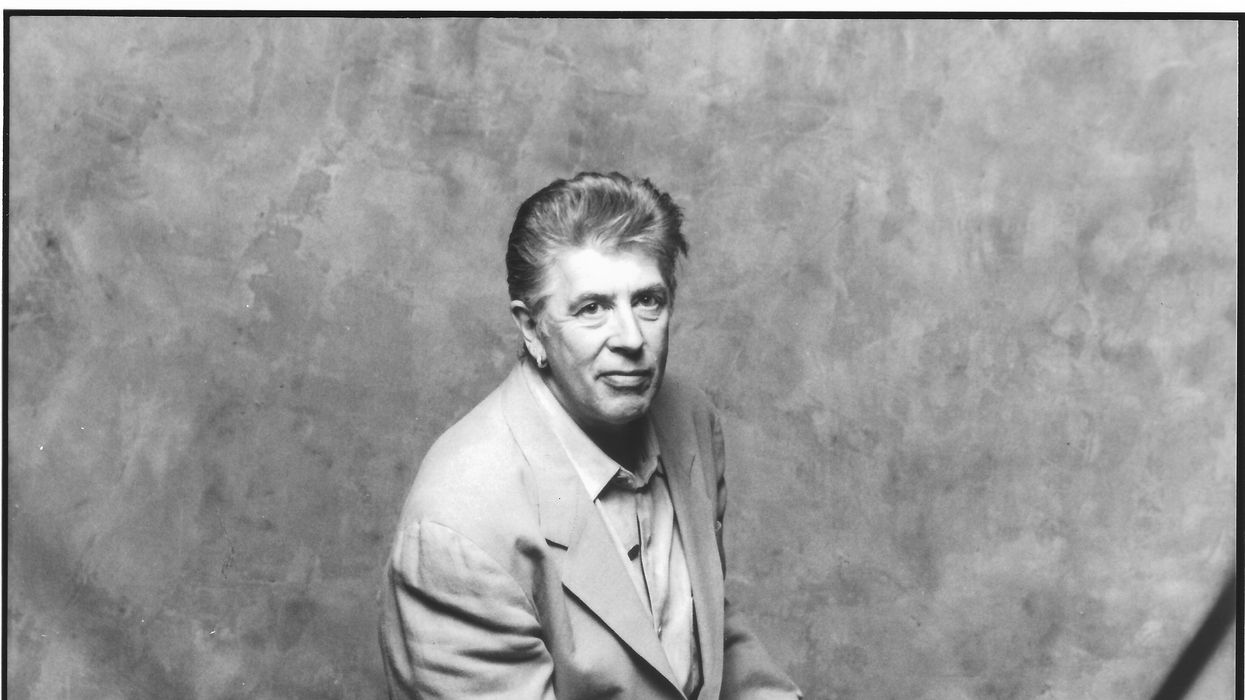

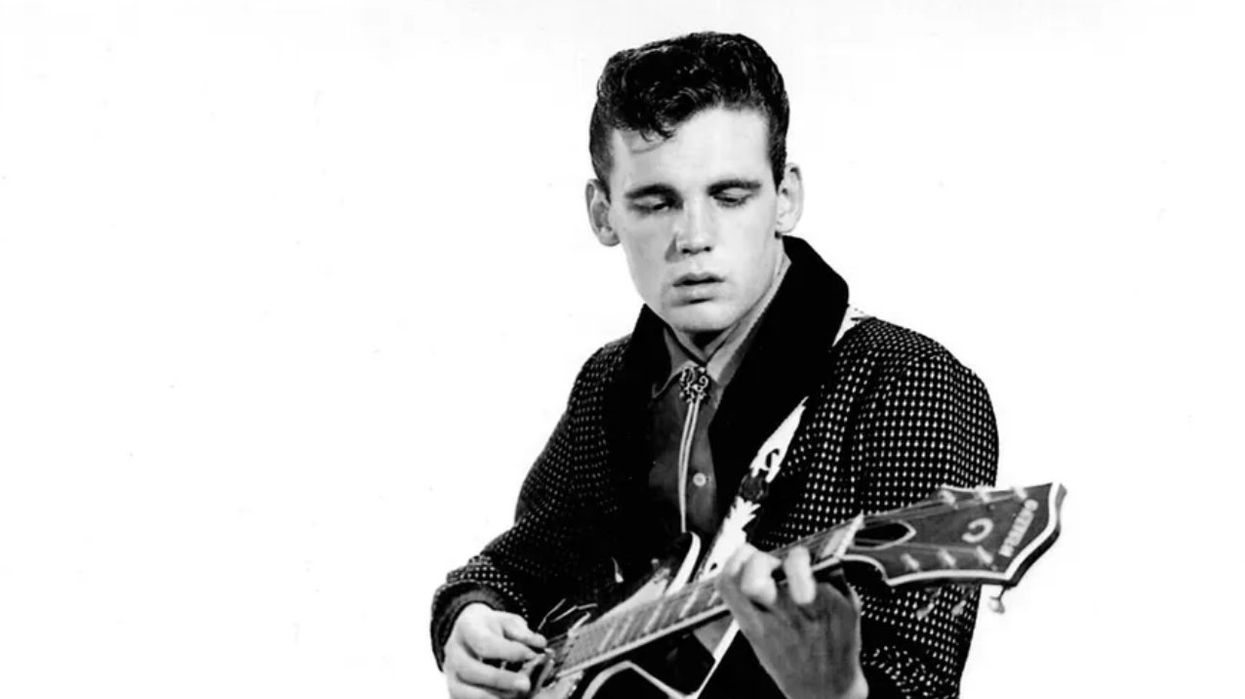
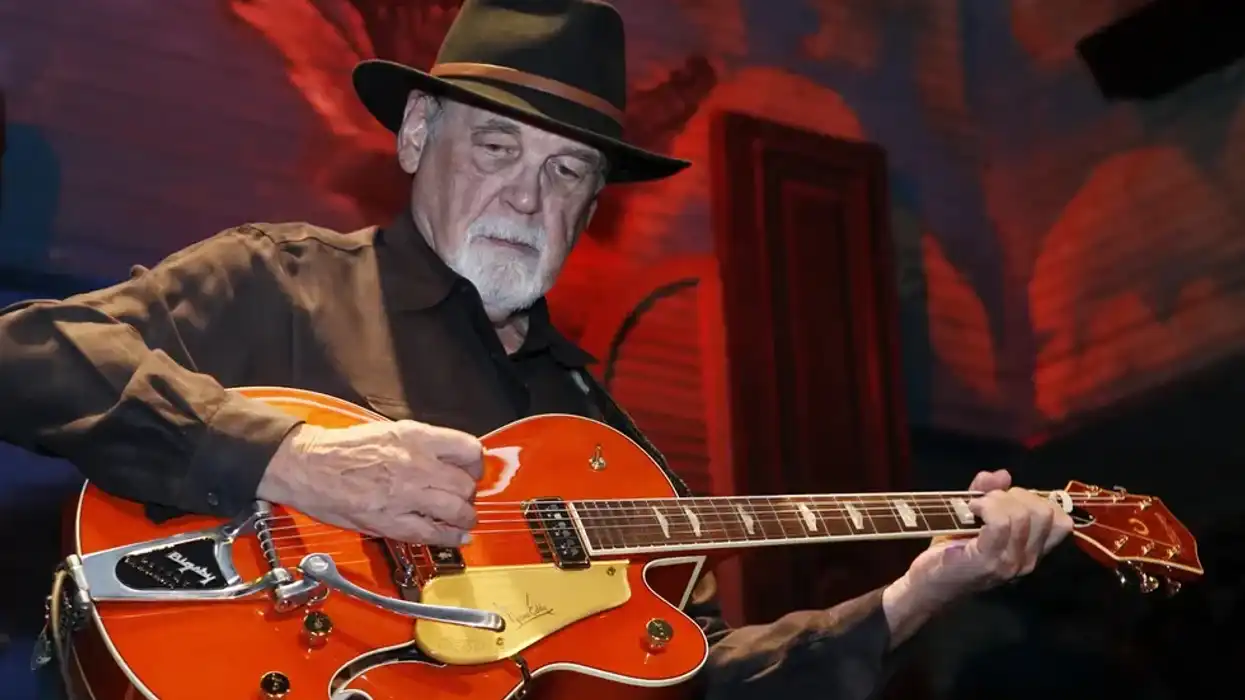
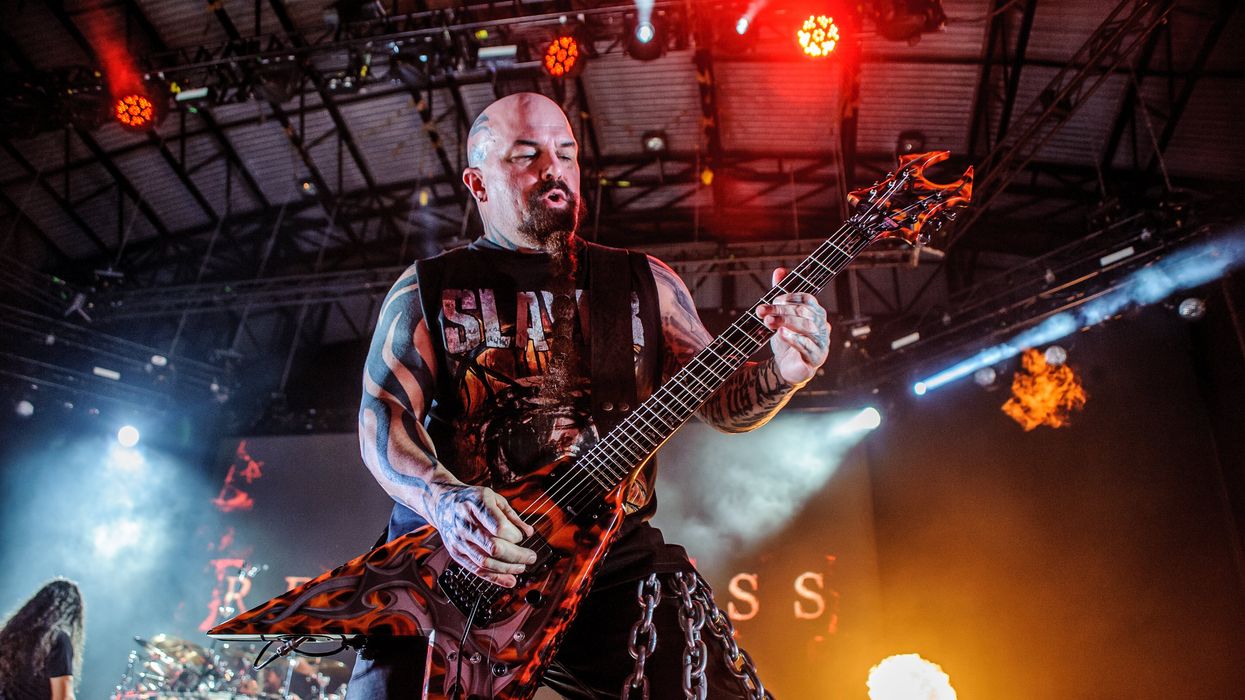

 Luis Munoz makes the catch.
Luis Munoz makes the catch.